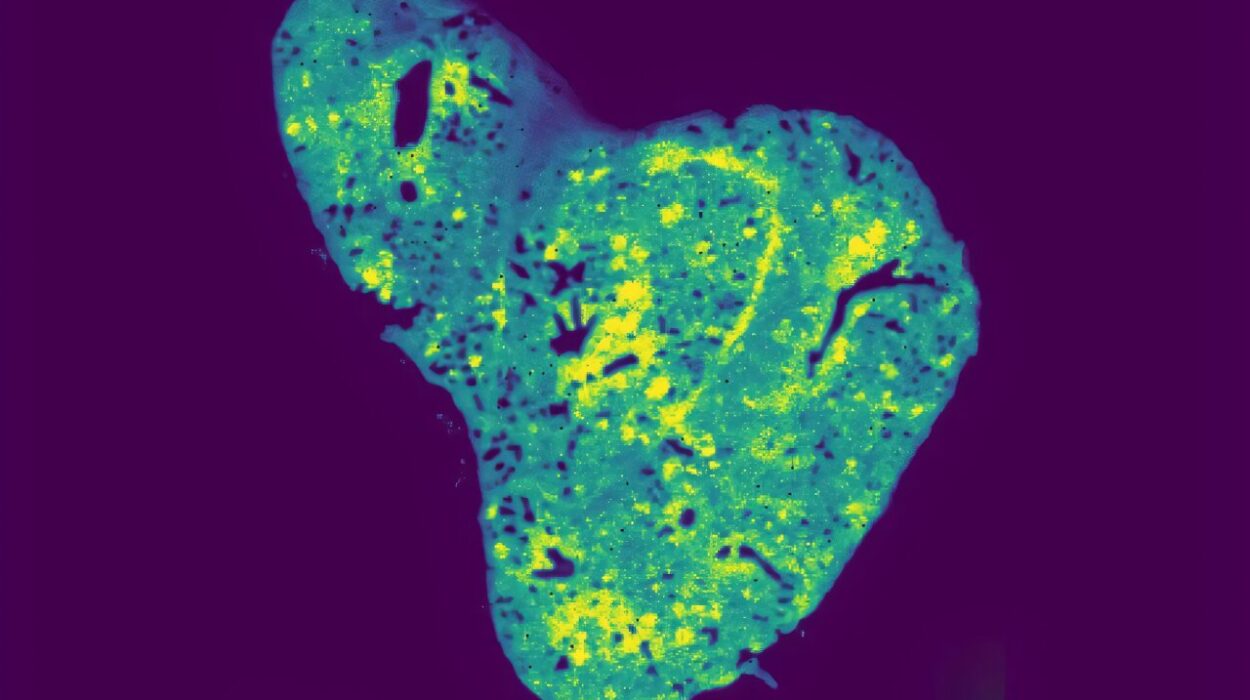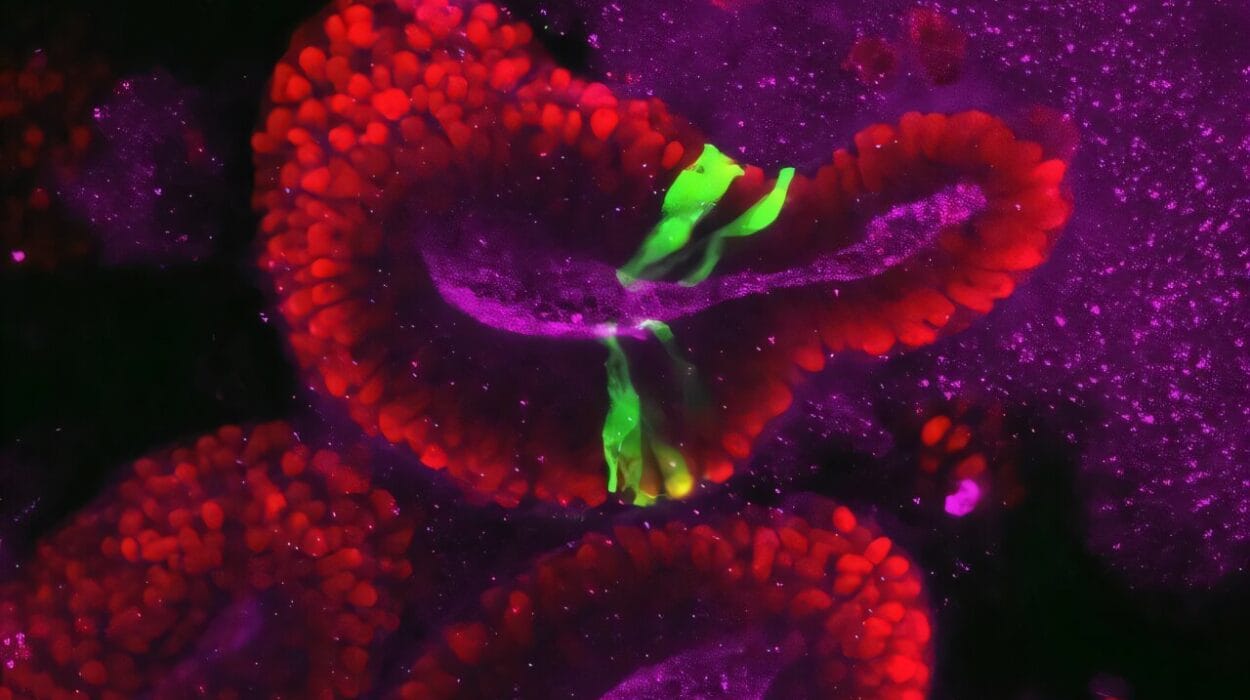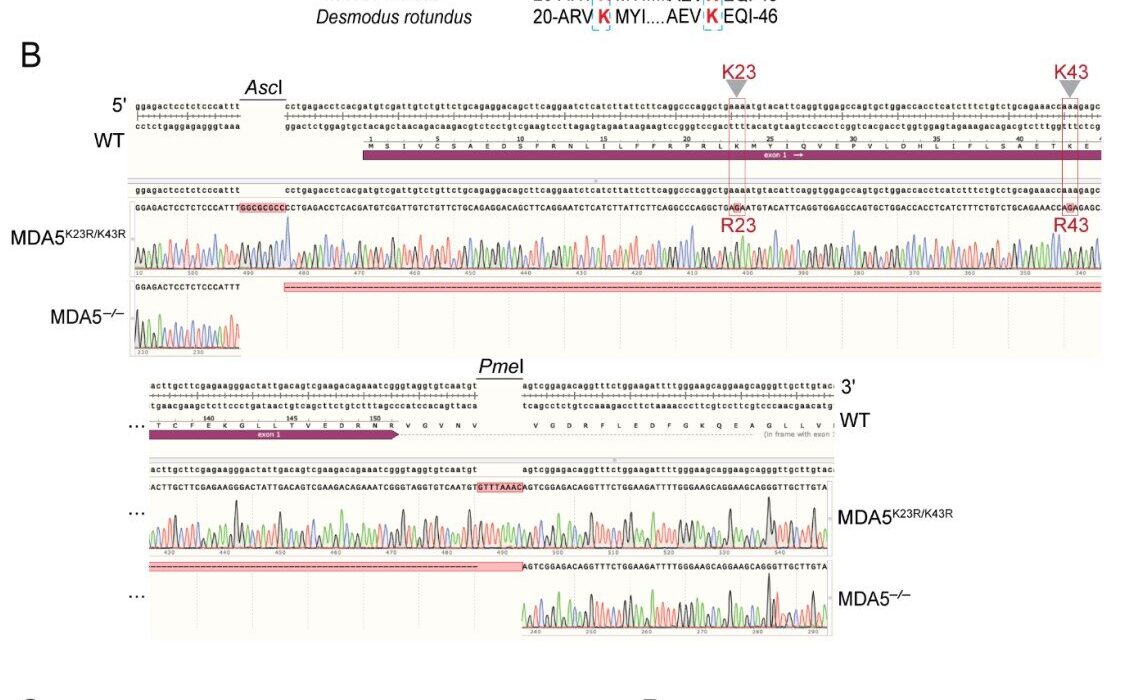For years, millions of people have avoided gluten believing it was the culprit behind their gut pain, fatigue, headaches, and discomfort. Restaurants redesigned menus, supermarkets built entire aisles around “gluten-free” living, and public conversation steadily treated gluten as an invisible threat. Yet according to new research published in The Lancet, this story is about to change in a profound way. The condition known as non-celiac gluten sensitivity — thought to affect up to 10–15% of the global population — may not actually be caused by gluten at all.
The review, conducted by an international team of scientists from Australia, the Netherlands, Italy and the United Kingdom, analyzed the best available evidence on non-celiac gluten sensitivity. Their conclusion challenges one of the most popular beliefs in modern nutrition: most people who think they are gluten-sensitive are not reacting to gluten itself, but to other processes in the gut–brain system.
If Not Gluten, Then What?
Non-celiac gluten sensitivity, or NCGS, describes people who develop symptoms such as bloating, gut pain, and fatigue after eating gluten — even though they do not have celiac disease. For years, gluten was assumed to be the direct trigger. But the new review shows a very different picture.
Associate Professor Jessica Biesiekierski, from the University of Melbourne and lead author of the study, explains the shift clearly. In tightly controlled clinical trials, only a tiny fraction of people with self-reported gluten sensitivity reacted specifically to gluten. The majority reacted equally to placebo treatments, to fermentable carbohydrates known as FODMAPs, or to other wheat components that have nothing to do with gluten. Expectations and learned associations — how people anticipate gut sensations — also helped shape the symptoms they experienced.
Taken together, the researchers argue that NCGS fits better within the spectrum of gut–brain interaction disorders such as irritable bowel syndrome, rather than standing as a separate gluten-caused disease. In other words, the discomfort people feel is real, but its origins are more complex and more neurological than previously believed.
The Power of Belief and the Physiology of Sensation
One of the most striking findings of the review is not only what people react to, but how they react. In studies involving people with irritable bowel syndrome who believed they were gluten-sensitive, symptoms appeared not only when they consumed gluten but also when they consumed wheat without gluten — and even when they unknowingly consumed a placebo. This pattern illustrates how the gut and brain operate in a tight partnership. Signals from the digestive system are interpreted through past experience, anxiety, and expectation. The nervous system then amplifies or dampens sensation accordingly.
This does not mean the symptoms are imaginary; it means they arise from a real interaction between the digestive tract and the nervous system. Pain generated by the brain–gut axis is as real to the sufferer as pain from an injury. The key insight is that removing gluten alone often does not eliminate the underlying driver.
From Restriction Toward Personalization
The implications of this updated understanding are large. For years, gluten-free diets have been recommended, sold, and self-prescribed as a “safe” universal solution. But Associate Professor Jason Tye-Din, a gastroenterologist and co-author of the review, emphasizes that such blanket approaches may not be necessary or even helpful. When clinicians assume gluten is always the problem, they risk missing the real underlying mechanism and may inadvertently push people onto extreme dietary restrictions that leave them nutritionally compromised or socially limited.
The researchers call for a shift toward individualized treatment. Instead of labeling gluten as the universal enemy, treatment for NCGS should consider dietary triggers more broadly — especially FODMAPs — and address the psychological and neurological aspects of gut sensitivity. Nutritional support must also be maintained to prevent unintended deficiencies.
Rethinking the Public Narrative Around Gluten
Beyond clinical practice, the findings challenge a cultural narrative that has grown over a decade of gluten avoidance. Public messaging, food marketing, and social conversation have slowly normalized the idea that gluten is harmful to many people by default. But the new research indicates that this assumption oversimplifies a complex biological condition — and may even contribute to symptom generation by reinforcing fear of certain foods.
Associate Professor Biesiekierski argues that public health communication must now evolve. The goal is not to dismiss people’s suffering but to reframe it correctly: gluten is not inherently toxic for most individuals who report sensitivity, and the focus should move toward understanding the interplay between digestion, wheat chemistry, and the brain.
Where This Leaves Patients and Policy
For individuals living with gut symptoms, the findings do not say “nothing is wrong.” On the contrary, they deepen the explanation of what is wrong and how it can be better managed. For clinicians, the review encourages more precise diagnosis, distinguishing NCGS from other disorders such as celiac disease, wheat allergy, and irritable bowel syndrome, to avoid both over-restriction and misdiagnosis. For policymakers and educators, the work highlights the need for improved diagnostic tools, more nuanced dietary guidance, and better research infrastructure.
This advance does not end the story of gluten sensitivity; it redirects it. It reframes the condition from a food-fault narrative toward one grounded in physiology, neurobiology, and individualized care.
A Turning Point in the Understanding of Gut Health
The new review effectively resets the scientific baseline for what non-celiac gluten sensitivity means. It recognizes the legitimacy of symptoms but exhumes gluten as the universal culprit. It shifts responsibility from a single molecule in wheat to the richer, more intricate system of the human gut and brain working in tandem.
For millions of people who have lived under the assumption that gluten is the source of their distress, this new understanding opens a different kind of hope — not in further restriction, but in clarity. The future of treatment will likely be more precise, more personalized, and less burdened by broad dietary fear. Instead of centering pathology around one ingredient, it invites a deeper, more compassionate conversation between science, medicine, and patient experience about how our bodies feel and interpret food.
In that sense, the research does not simply rewrite a condition; it rewrites the way we think about suffering, expectation, and the invisible dialogue between the mind and the gut — a dialogue that shapes how we eat, how we feel, and how we understand ourselves.
More information: Jessica R Biesiekierski et al, Non-coeliac gluten sensitivity, The Lancet (2025). DOI: 10.1016/s0140-6736(25)01533-8






